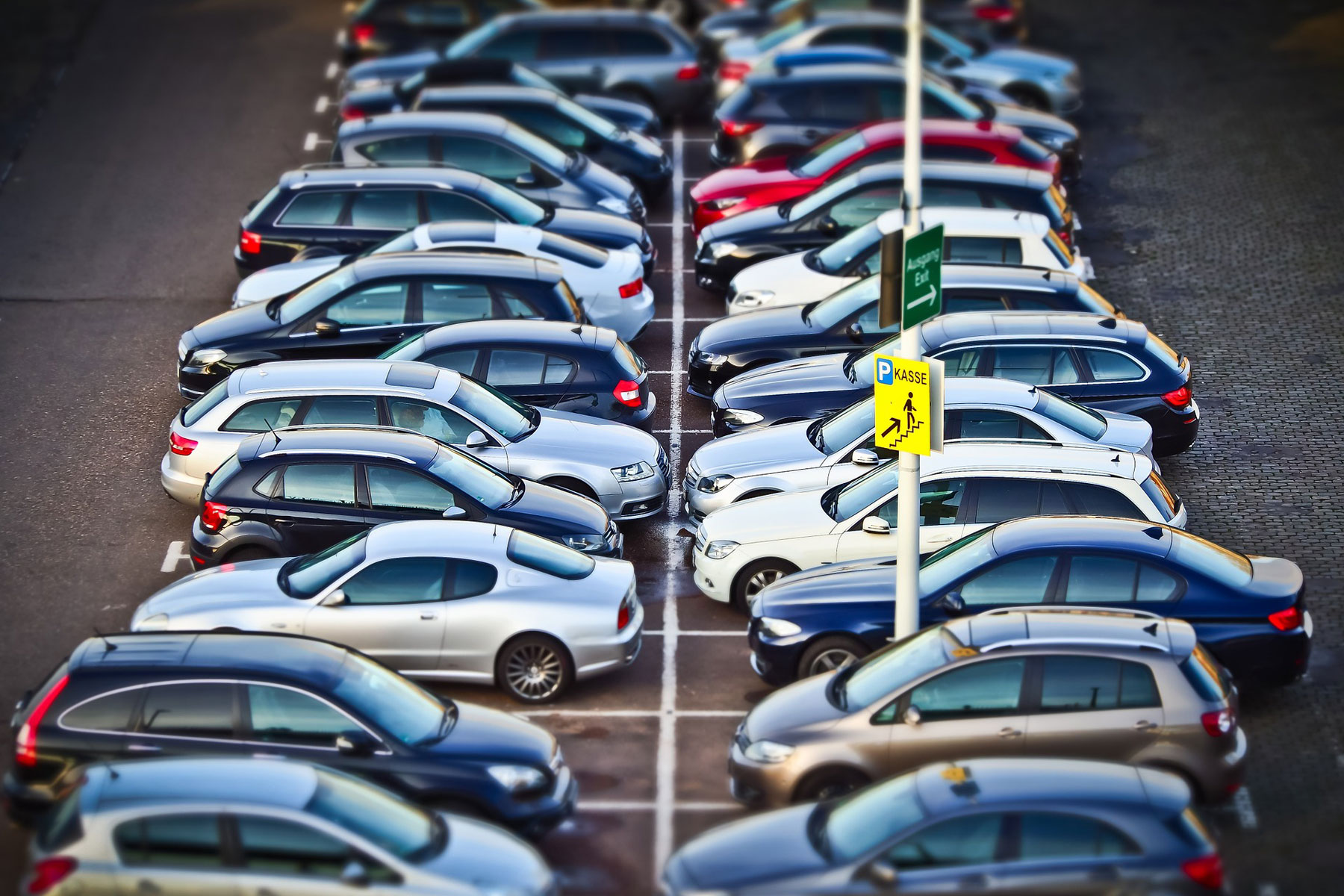
Parking your car can be stressful and expensive. From finding a space to paying an extortionate hourly rate, it’s one of the least pleasant aspects of driving a car.
Our quick guide helps take the pain out of car parking, with tips on booking ahead, leftfield alternatives and how to avoid taking your car altogether. Let’s begin with the basics.
Ask around
Finding somewhere to park your car could be a problem solved with a simple question to a friend, or a brief alert to your friends on Facebook.
Someone with local knowledge may know where to find the cheapest car park in town, where the restrictions end or even have a driveway you could use.
Parkopedia
As its name suggests, Parkopedia is the Wikipedia of the parking world. The website covers 90 countries and 20,000 cities, giving you access to more than 90 million parking spaces.
It’s all very simple: search for your desired location and Parkopedia displays a map of the car parks within the immediate vicinity. You can check out prices and opening hours, as well as any restrictions or points to note.
The map also features a handy ‘traffic light’ system to help you locate the cheapest car parks.
There’s a smartphone app as well, while some car parks offer the opportunity to book ahead. Whether you commute to work or are visiting a city for the first time, Parkopedia could save you enough money to pay for lunch.
Connected cars – the future of parking?
Connected cars, which share data with each other via the internet, create a variety of opportunities to streamline motoring life. Among other things, this technology can be used to help you find free car parking spaces.
Being connected to other cars, means those cars can ‘tell’ your car when they’re leaving a parking space. The car park ballet dance could become a thing of the past.
Book ahead
This is especially important if you intend to leave your car at an airport. Use the official Heathrow Airport website to book seven days of parking, for example, and the savings are significant.
Prices will vary depending on availability and how early you book, but you will usually benefit from booking in advance, even if it’s just earlier on the day of travel.
Long stay, not short stay

Sticking with airports, there are obvious benefits associated with short stay car parks. Take Heathrow Airport Terminal 5: it’s a 2-4 minute walk to the short stay car park, compared with a 5-7 minute bus ride to the long stay.
In some airports it feels like the long stay car park is located in a different continent, so you might argue the convenience of being closer to the terminal outweighs the cost saving. However, the long stay option is always significantly cheaper – so allow extra time and you’ll save money.
Speaking of Heathrow, don’t forget the airport is now located within the London Ultra Low Emissions Zone (ULEZ) as well.
Use a price comparison website
There seems to be a price comparison website for just about everything these days, including airport parking. Holiday Extras is one of the biggest and the most established of these, and the discounts it offers can be significant.
The website claims you could save up to 70 percent versus the price you’d pay on the day. Holiday Extras also offers a best price guarantee, meaning it will refund the difference if you find the same airport parking cheaper elsewhere.
It’s important to do your homework, because not all price comparison sites are as reputable as the market leaders. It’s also worth remembering that, when it comes to car parks, cheaper doesn’t necessarily mean better.
Hotel package deals
If you’ve booked a room the night before your flight, ask if it’s possible to leave your car at the hotel for the duration of your trip. Some hotel operators offer a hotel and parking package deal, so check when you book.
This also applies to city centre breaks. Ask the receptionist if the hotel offers on-site parking, as this could save you money over the course of a long weekend. Some hotels will offer free parking on a first-come-first-served basis, while others expect a small fee. Check to see if the local pay and display car park is cheaper, though.
Park on the edge of the city
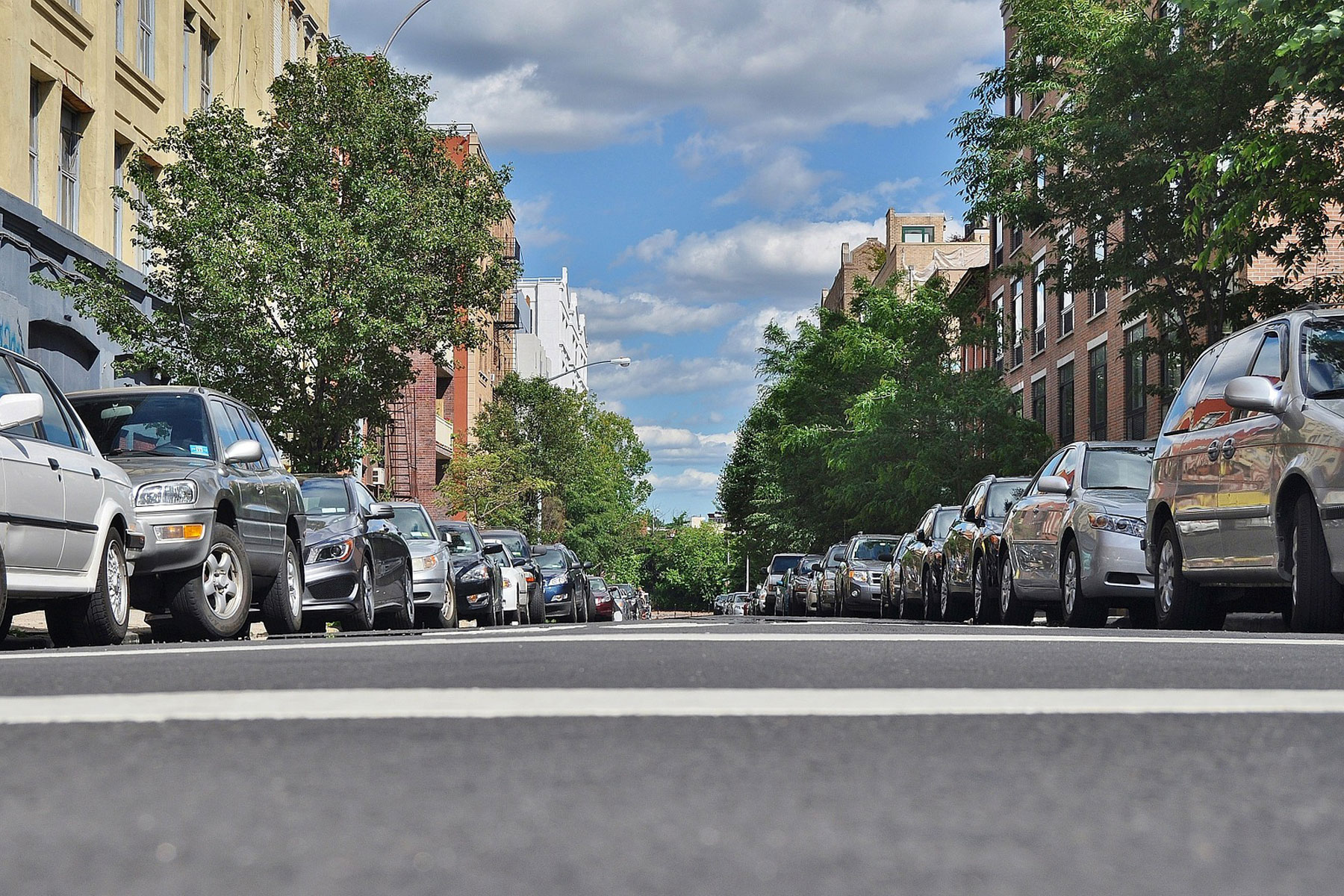
In basic terms, the closer you get to the city centre, the more expensive the cost of parking. You’ll also have to do battle with the inevitable congestion and fight for that single free parking bay.
Do yourself a favour and find a car park or street on the edge of the town or city. In some cases, the parking might be free, but it will almost certainly be cheaper. If you’re worried about the walk, take a bus into the city centre.
Park and ride
On that note, park and ride facilities are the ‘official’ version of hopping on a bus into the city. They also tend to work out cheaper than parking somewhere more central.
Using notoriously car-unfriendly Oxford as an example, you’ll pay £4 for an adult return ticket (or £5 for two adults and up to three children in the same car) from any of the park and ride sites.
Hire a driveway
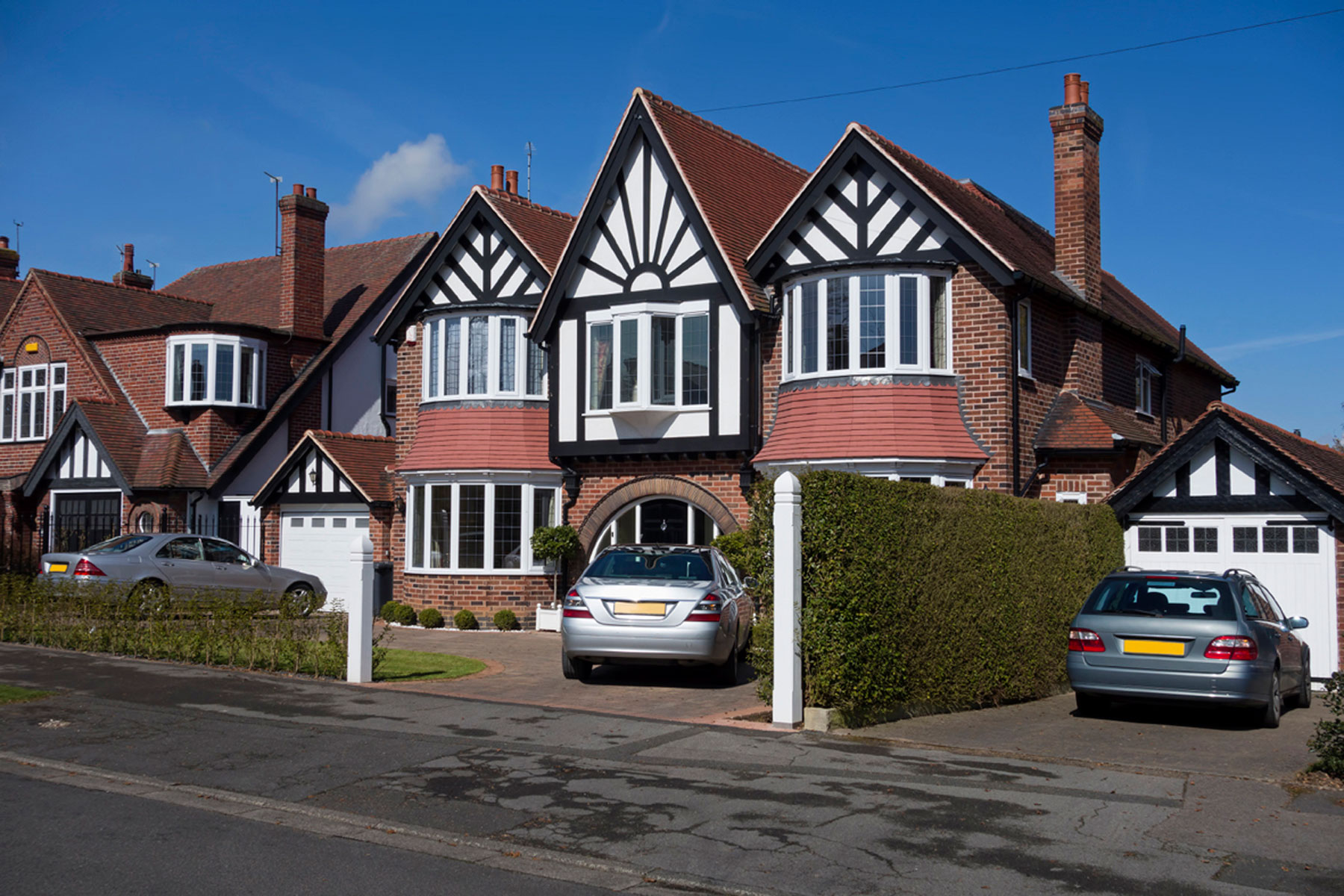
When you think about it, this makes perfect sense. Unless you work at home, your driveway is likely to be empty during working hours, so why not invite somebody else to park there?
There are a number of websites offering a search facility, including yourparkingspace.co.uk, which includes well over 250,000 hourly, daily and monthly parking spaces across the country.
We searched for driveways for a Saturday visit to London. More than 2,300 results came back in a variety of locations, offering parking for 24 hours or more.
Booking is easy: you simply select your arrival and departure times, key in your details, pay online, and the website provides the full address of the space along with the contact details of the owner.
Buy an electric vehicle
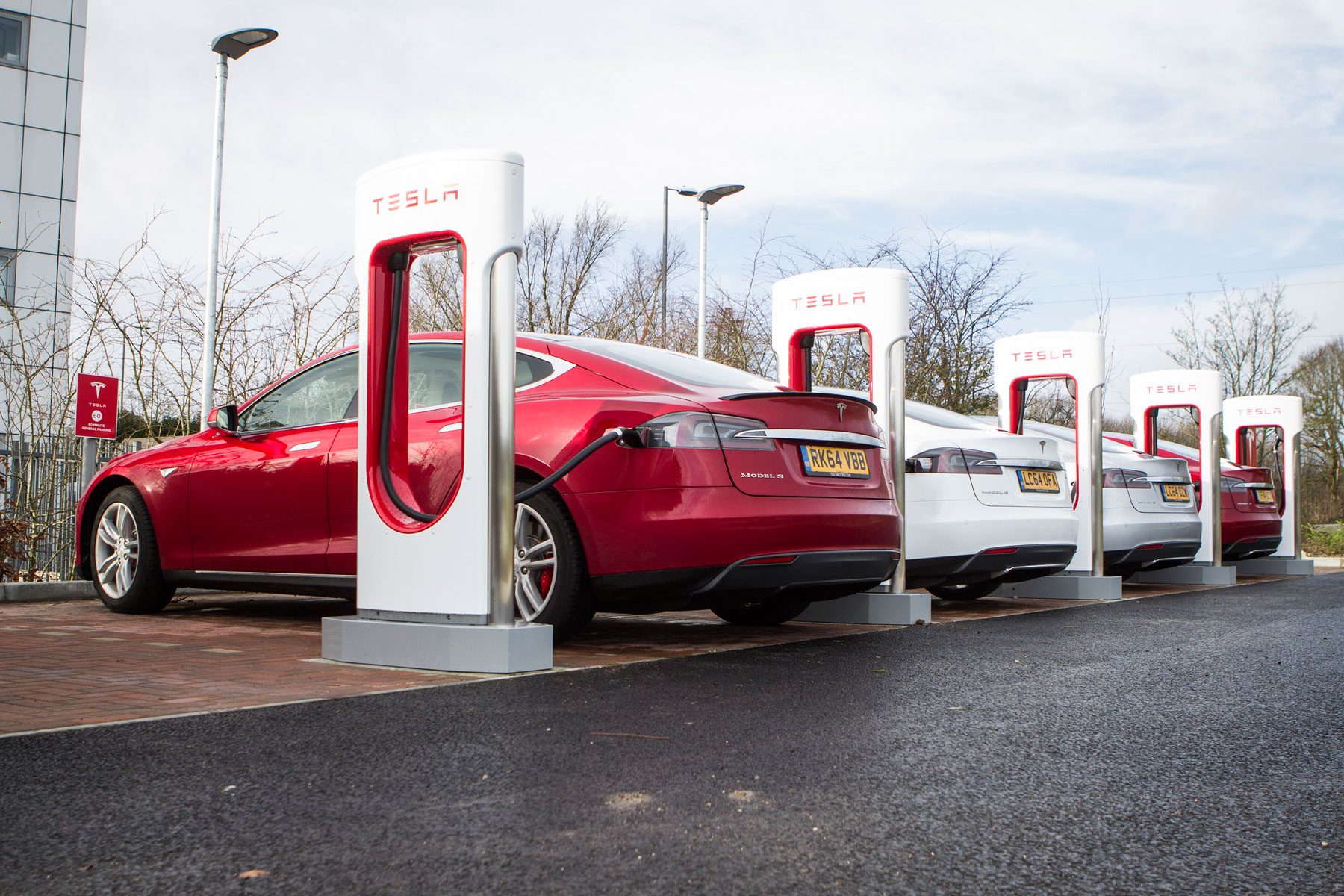
Buying a new car to save money on parking seems a tad excessive, but driving an electric car will reduce the amount of cash you spend at car parks.
Many car parks offer free parking while your EV is being recharged, while some allow you to park for free, regardless of whether you’re charging or not. If you pay £2 per day to park at work, you might save over £400 a year by switching to an electric car.
Look for cashback options
To encourage people back into towns and city centres, some local authorities and business groups offer incentivised parking. In other words, while you still have to pay and display, the cost is refunded if you spend a certain amount in a participating shop.
Similarly, a supermarket situated in a town or city centre might offer a refund or free parking if you shop in store. As one supermarket might say, every little helps…
Car park season ticket
If you park in the same car park on a daily basis, it might be worth buying a season ticket. NCP claims a season ticket can save up to 70 percent on the cost of parking, with the added benefit of not having to search for loose change or go through the hassle of paying every day.
On a similar note, it can pay to be a member of the National Trust. Go on holiday for a week and you could spend a small fortune parking at some of the many National Trust car parks. Membership starts from £7 a month – a cost you could recoup on car park fees alone.
Use the correct change
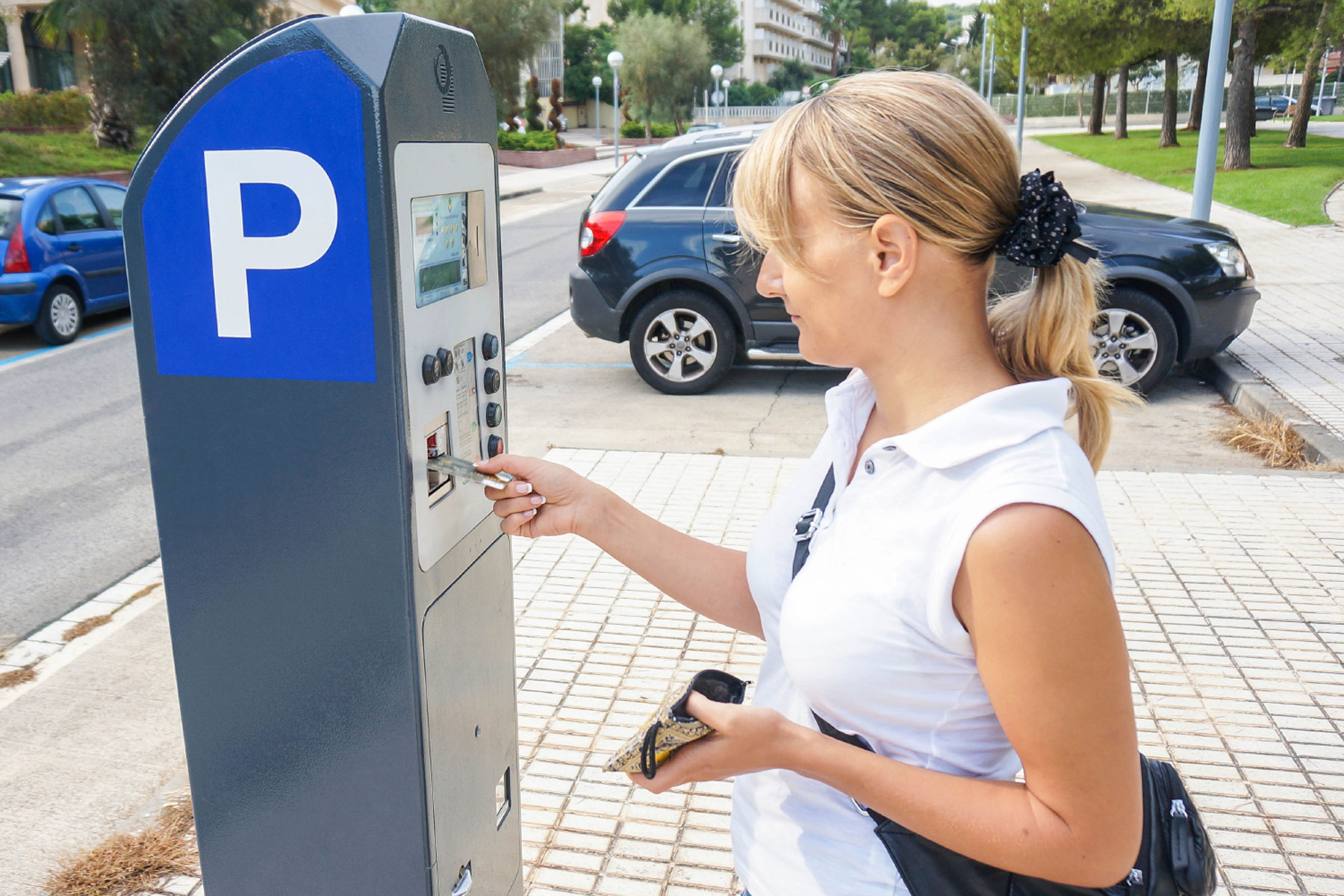
Car park operators want to extract every last penny from your wallet and you’ll often see a ‘no change given’ notice on the pay and display machine. It’s a simple thing, but make sure you use the correct change.
Alternatively, pay by card or use one of the parking apps, such as RingGo. This cashless solution allows you to pay via your smartphone and can provide an alert when your time is running out, so you don’t overstay.
Look for alternatives to the car
While we appreciate that you’re hardly going to take the bus to a famous Swedish furniture store to collect a new wardrobe, or cycle into town to pick up your groceries, you have to ask yourself: do I really need to take the car?
Would it be cheaper to take the bus? Could you walk into town? Would it be easier to cycle into work? Could you share a car with somebody else and go halves on the cost of the car park?
Railway stations are also notoriously expensive places to park, so have you considered cycling to the station?
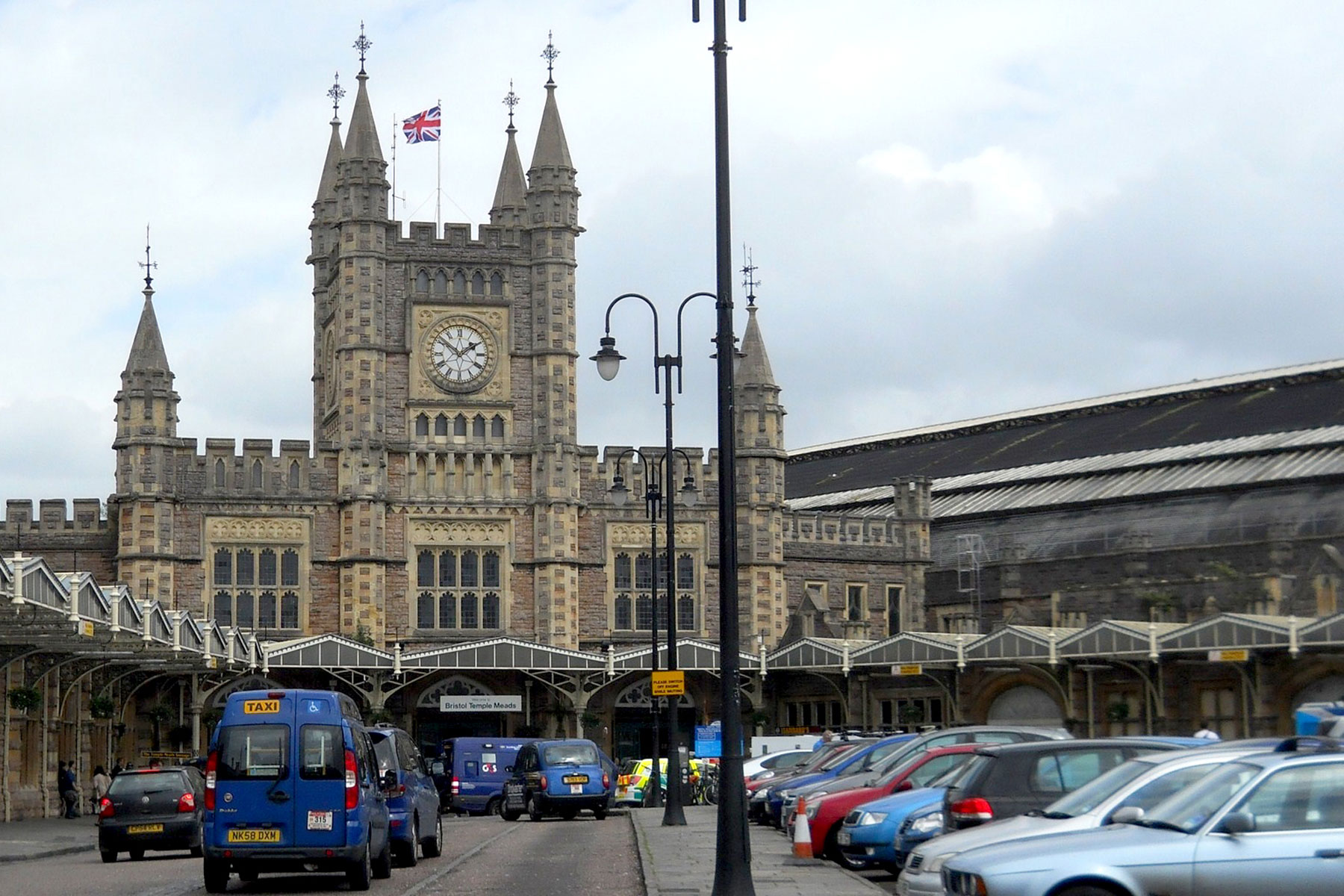
Buy a car parking space
Sounds extravagant? That’s because it probably is. Parking is an expensive business, so you could consider buying a car park space for your exclusive use.
Not that this is the cheapest option. Spaces in London can stretch into six figures – enough to buy yourself a house in some parts of the country.
Don’t park in a hurry
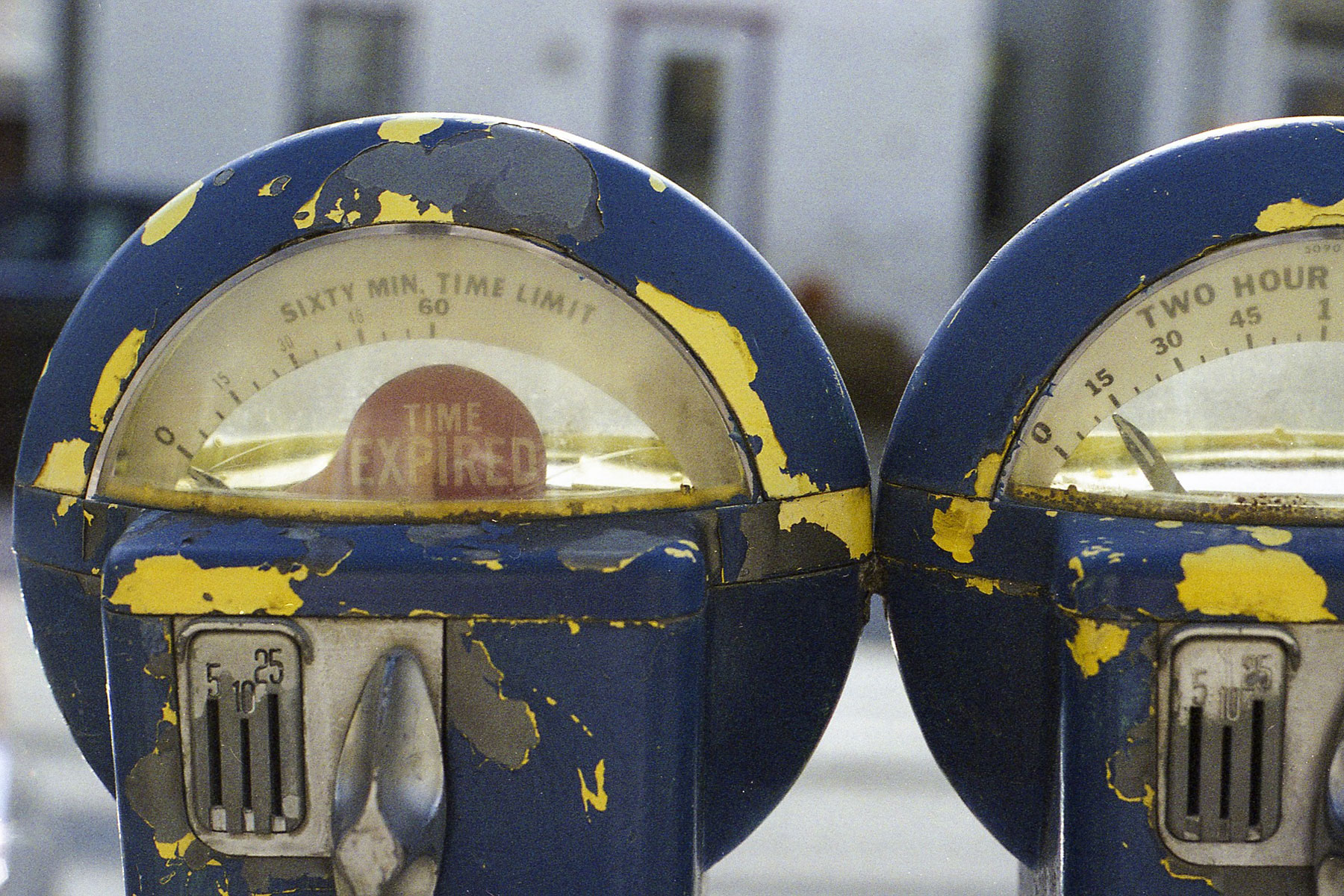
If you’ve followed our advice, you’ll never have to park in a hurry again. If you’re forced into a corner, either through lateness or a lack of planning, you’ll choose the wrong and often most expensive car park.
A little forward planning goes a long way. Good luck!
ALSO READ:
How to avoid low-speed car parking accidents
I totally agree. The cost of parking is often too high, so any little thing in the form of a kashback is nice.